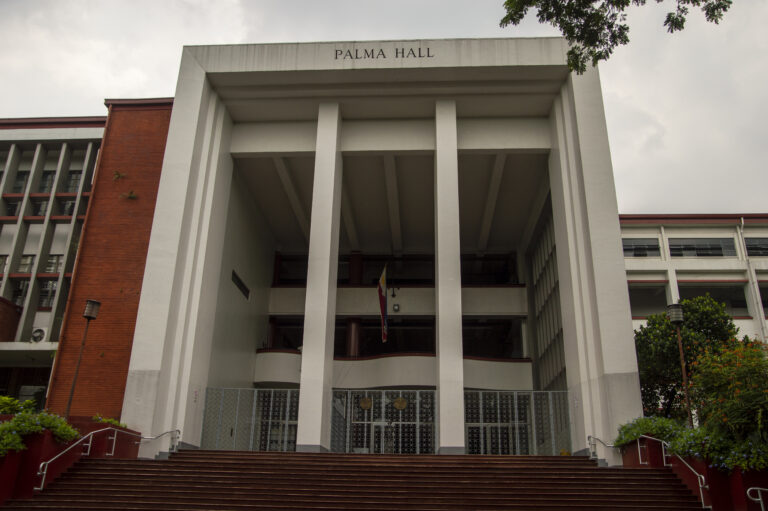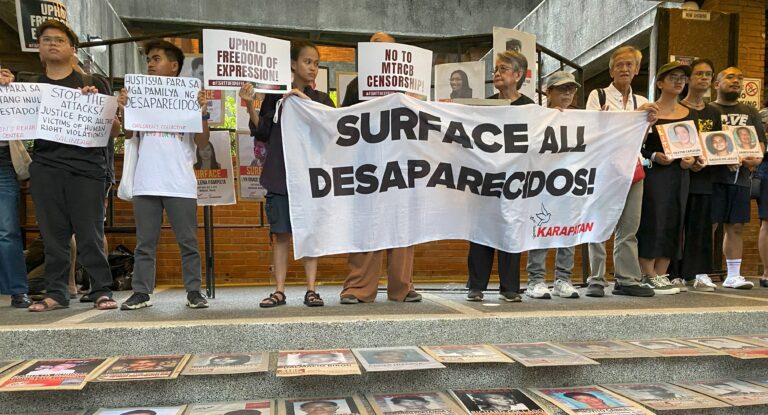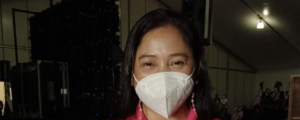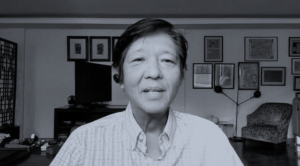
Forged stronger with new blood, UP Samahan sa Agham Pampulitika “rises from the ashes” with Chairperson Yuuki Kato leading the new era of the organization.
Last September 11, 2021, UP SAPUL launched the webinar ‘Panday Polsci: Politics in Everyday Society” to jumpstart its return as an organization that is geared towards sharp and critical integration of both theory and praxis for the Filipino masses.
First to talk in Panday Polsci is UP SAPUL alumni, MapBeks Founder, and volunteer mapper, Mikko Tamura. Wondering why a mapper found their way in a political science webinar? The answer is simple: maps are also political. With Tamura at the forefront of Panday Polsci, UP SAPUL moves to prove that everything is indeed political.
Tamura efficiently gave an overview of the nature of maps and how political maps have always been. As a form of representation, of translating reality into a flat medium, maps themselves become battlefields wherein power is often gained at the expense of accuracy and humanity. Since the 1500s, maps were symbols of power. As Tamura explained, maps showed the lands that imperialist countries subjugated, thus visualizing the progress of their colonizing power.
We have to remember that no single map can represent the entirety of reality. Tamura reminds us to be critical and to be aware of the political nature of maps as well as the limitations of the medium. In the process of translating reality into a plane, something inevitably gets distorted—mapmakers are only humans after all.
However, at times, places are purposefully left out or added in. Tamura explained how maps were intentionally distorted due to warfare and propaganda in the 1900s. Today, we can see how maps are used to contest territories with China’s fallacious nine-dash line argument used to illegally enter Philippine islands in the West Philippine Sea. Aside from this, limited access to contribute to the creation of maps can also increase the inaccuracy and misrepresentation of maps.
However, Tamura’s line of work shows how information and representation can be reclaimed, made more accurate, and critical through counter mapping. Tamura’s MapBeks exemplifies the importance of challenging the representation we see in mainstream maps. MapBeks logs LGBTQI+ narratives intertwined in actual spaces thereby creating a map that is more humane and is not only rigid white lines crisscrossing, devoid of the human stories that inhabit the streets.
“Countermapping’s uniqueness comes from its focus on explicit politics, advocacy, and activism.” Mikko Tamura, Founder of MapBeks
Visit MapBeks here: https://www.facebook.com/mapbeks
In counter mapping, representing what is lost in the formal and stringent rules mainstream mapping is the priority. Tamura emphasizes how maps can be a medium for empowerment, storytelling, and activism. For one, counter mapping and visualization of construction project plans and how they’ll run over indigenous communities can support the fight to defend IP communities and their ancestral lands.
Aside from MapBeks, Tamura is also a part of Open Mapping Hub – Asia Pacific, serving as the current Regional Community Manager for the country. Maps using open data like OpenStreetMap allows people to actually put what’s important for their community into a map. In comparison to applications like Google Maps which features mostly shops and general landmarks, Tamura explains that open data maps such as OpenStreetMap allow a power shift and creates a map not geared for advertisement or other motivations but a closer representation of a community.
Maps that are for the people are quintessential examples of the kind of theory-plus-praxis combination that UP SAPUL strives for. Tamura calls on us to remain sharp and to always be critical of what and how information is gathered, presented, and accessed.
Whether it be maps or something that’s more known as political, such as legislations and journalism, wielding sharp political analysis anchored on the needs of the masses is a must. The webinar also featured talks from other UP SAPUL alumni: Student Regent Renee Co and UP CIDS Research Associate Ryan Martinez.
To watch the whole webinar and learn of SR Co’s and Martinez’ narratives of theory-and-praxis, visit UP SAPUL’s official Facebook page here: https://www.facebook.com/upsapul30/videos/271189854642453.
For those who wish to join UP SAPUL, you may sign up at tinyurl.com/JoinSAPUL
Featured image courtesy of UP sa Samahang Agham Pampulitika Facebook Page







